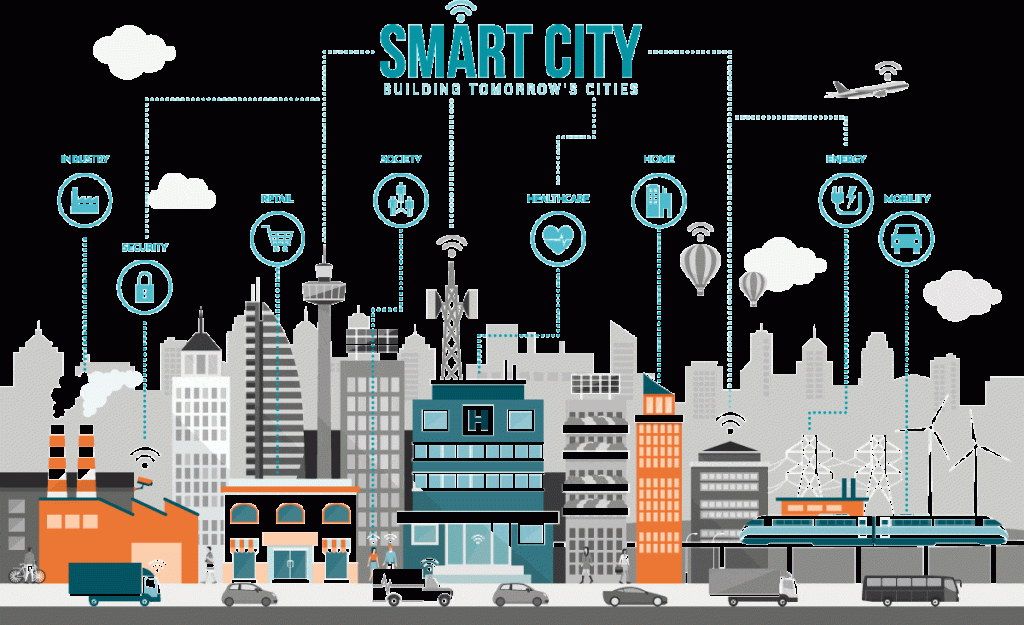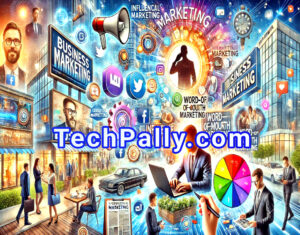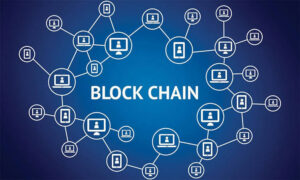What Smart City is – Advantages and Disadvantages

Everything is interrelated in our technological age. Today’s greater connectedness and new technological breakthroughs have resulted in the growth of smart cities.
What is Smart City Initiative?
Smart City concept is the use of technology, with the support of IoT to boost efficiency, promote sustainability, and improve the quality of life for their citizens, that’sthe chief aim of smart city.
In the smart city model, technologies are employed widely in Smart homes worldwide and in the community. Smart city planning to enhance the Internet of Things (IoT).
Smart City Technologies and Solutions
The Internet of Things is usable for homeowners to construct a network of data and technology throughout their house.
It allows them to automate numerous operations and routines as locking doors and turning on lights.
A Well-Planned Smart City will update the basic notion of automation to enable all of the best features of a smart city: connection, convenience, sustainability, and more.
However, the prime term is thought out carefully as with any new technology.
Advantages of smart cities
Thre are many economic and environmental benefits of smart cities to the government, and for the citizens, there are so much advantages, especially in terms of security and efficiency.
Here are some of the advantages of smart city technology and infrastructure in the world.
- Utility Efficiency
With a limited quantity of natural resources available to fulfill human demand, Smart technologies provide cities with the skills they need to preserve and prevent unnecessary waste of water and power.
- Environmental Footprint Reduction
Energy-efficient buildings, air quality monitors, and renewable energy sources provide cities with new instruments for reducing their ecological footprint.
- Increased Digital Equity
People must have high-speed Internet services and low-cost devices to achieve digital equity.
Adopting carefully placed public Wi-Fi hotspots across the city can provide all citizens with dependable internet connectivity.
- Making better, more efficient judgments based on data
A well-planned data analysis approach enables city officials to access and evaluate vast volumes of data to gain usable and meaningful information.
When a city can track desired KPIs in real-time, service levels skyrocket.
- New Economic Development Opportunities
Investments in smart cities are becoming increasingly crucial in strengthening cities’ regional and global competitiveness, recruiting new inhabitants and companies.
Moreover, companies may make educated decisions based on data analysis of integrated smart cities by offering an open data platform with access to city-data.
- Safer communities
A smart city is a safer city. Making the most of technological advancements and pursuing public-private collaborations aids in the reduction of criminal behavior.
License plate recognition, shot detectors, networked crime centers, next-generation 911 emergency phone system, and body cams provide law officers an edge while on the job.
Communities with these features are examples of smart cities.
- Better Transportation
Linked transportation systems have the significant capacity to enhance performance throughout the city.
The technology enables cities to serve their residents. Even though their populations are typically fast-rising, ranging from improved traffic management to the ability to track the position of buses and trains.
Challenges or Disadvantages of Smart Cities
While there are many pros of a smart city, there are some cons or drawbacks a well.
Some of the challenges of using smart city technologies are the following.
- Social Control
The capacity to track and consolidate data offers the person in charge of the information power.
Whether a government or a corporate entity may control, terrify, and seek to manipulate public opinion individuals having access to others’ data.
- Very little Privacy
The deployment of security cameras and Smart technologies in several settings makes maintaining identity increasingly challenging.
Facial recognition technology, for example, has fundamentally altered the idea of privacy.
- Excessive Reliance on Networks
By relying almost on electronics and networks completely, cities lose decision-making autonomy and may become unable to react or act in a scenario these tools are no longer available.







